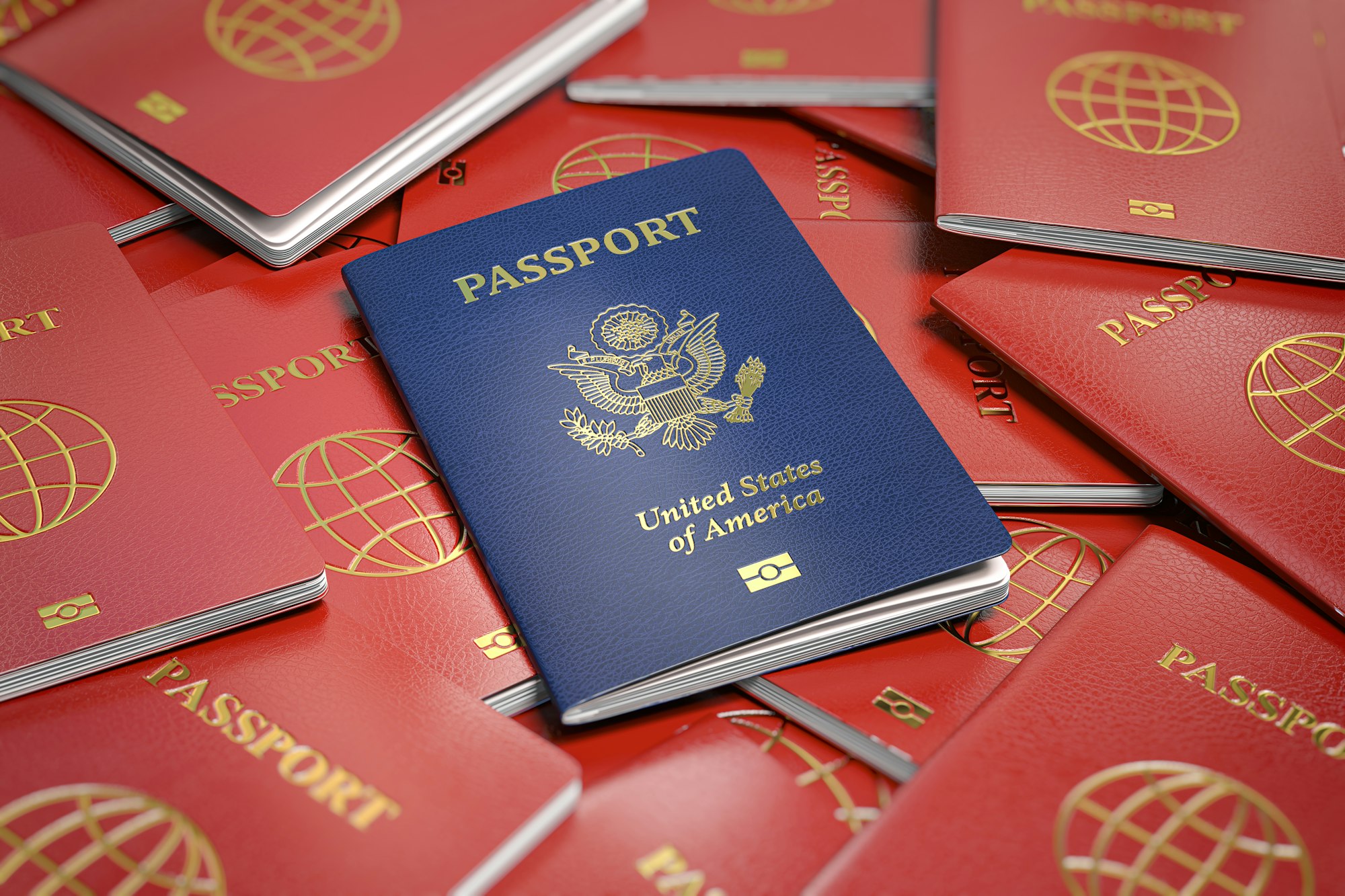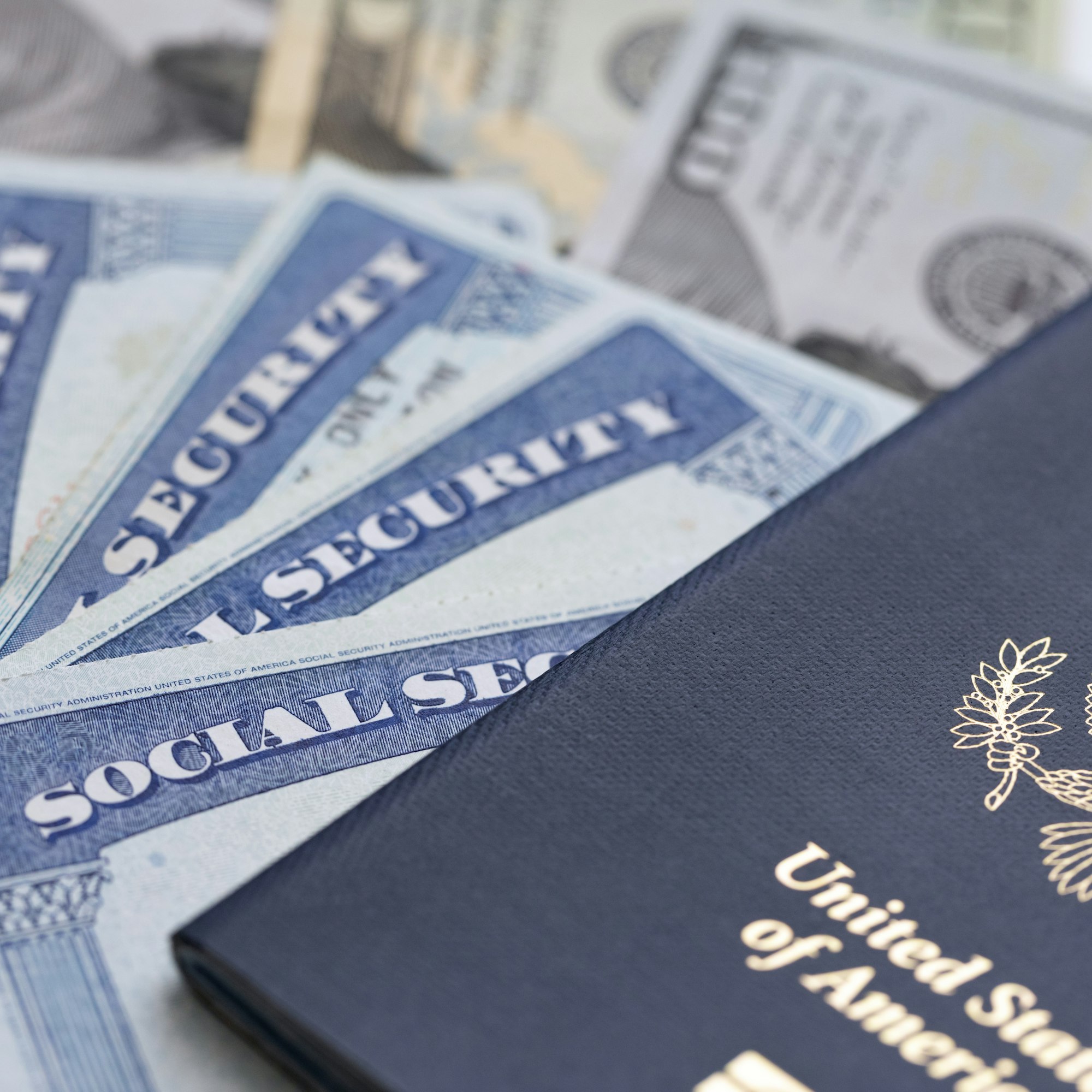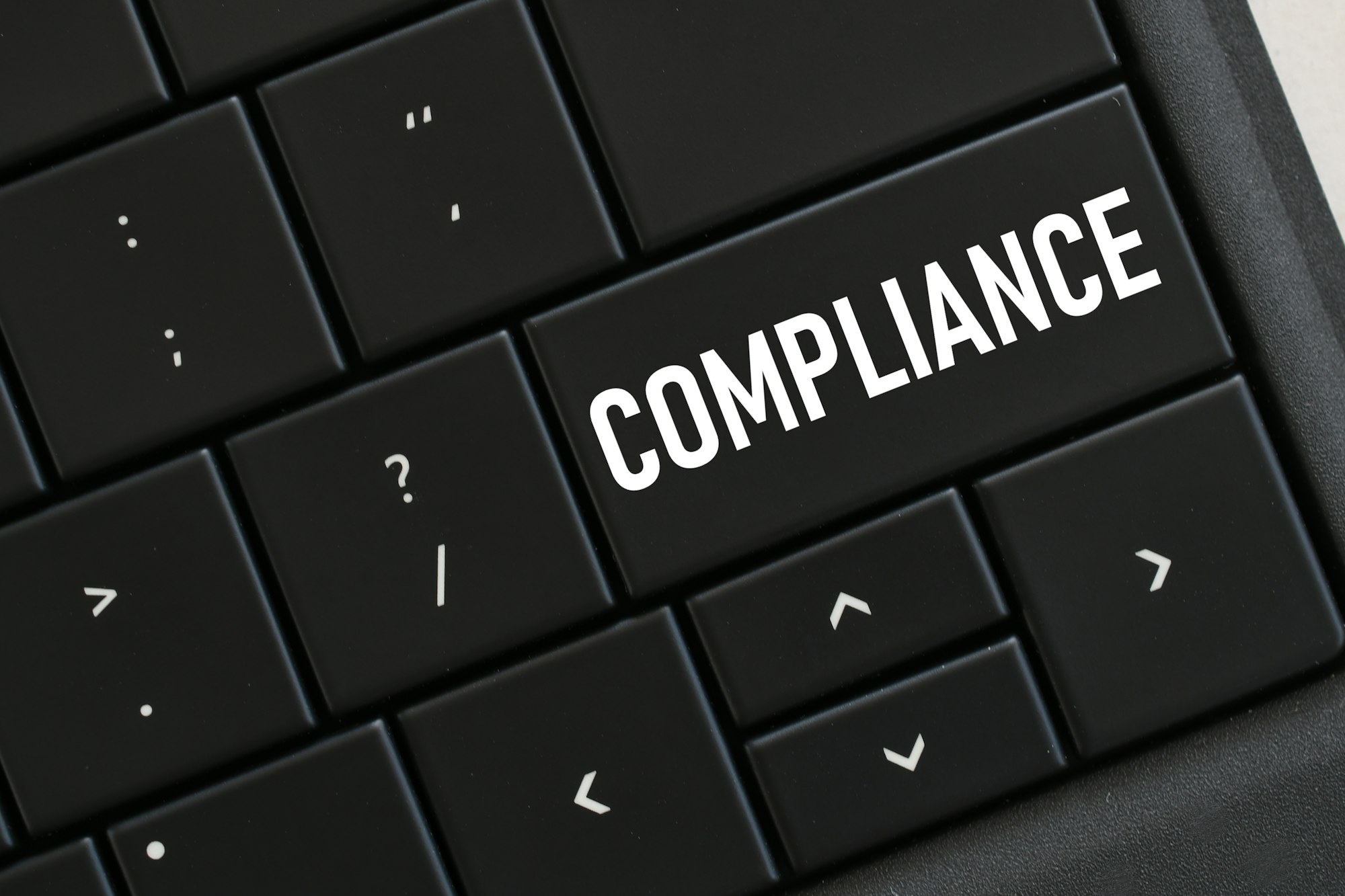- 954-683-6737
- 3350 SW 148th Ave. Suite 110 Miramar, FL 33027
- info@nattamconsulting.com

Foreign entities without a physical presence in the US are eligible to apply for an EIN. Specific documentation and identification information are required during the application process.
Foreign entities can apply for an EIN via mail, fax, or phone. The process involves completing Form SS-4 and submitting it to the IRS.
An EIN is used for various business activities, including tax filing, opening bank accounts, and complying with federal regulations.
Maintaining compliance with IRS regulations is crucial for foreign entities with an EIN to avoid penalties and ensure smooth business operations.




